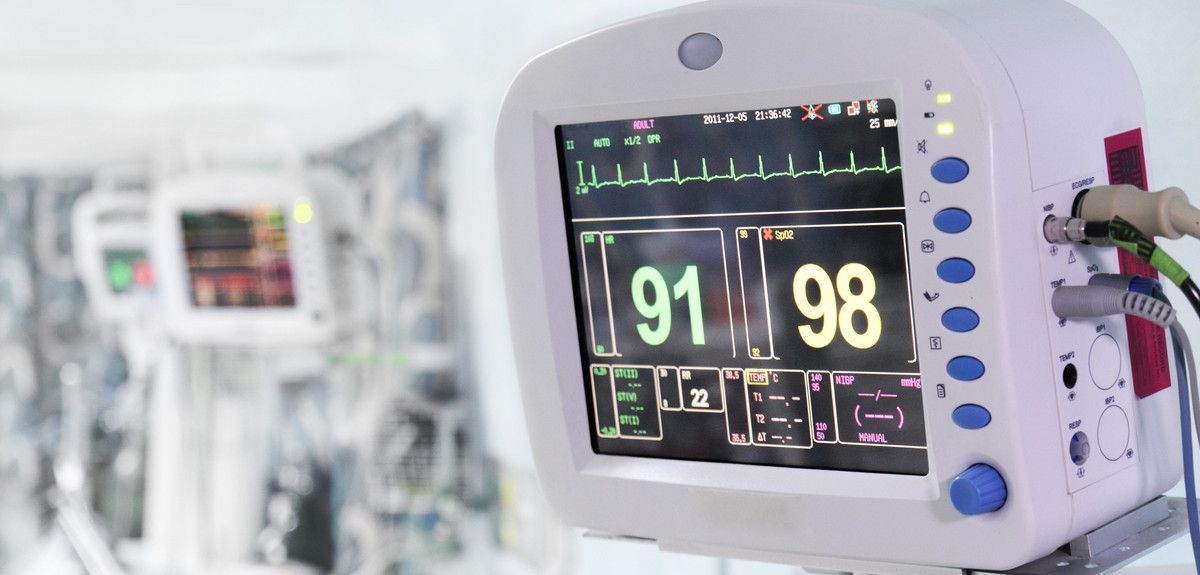
Researchers have been working with patients to study how to reduce noise in the intensive care unit (ICU) at the John Radcliffe Hospital.
Television presents one picture of an intensive care unit – dimmed lights, hushed voices and softly bleeping machines.
The reality is that it’s more like a busy restaurant and frequently it’s noisy enough to compete with a pneumatic drill.
That’s why Oxford University researchers have been trying to make intensive care noise less intensive.
Concern that intensive care noise was delaying recovery led to a £280,000 grant from the National Institute for Health Research (NIHR), to understand the noise issues and then work to reduce them.
The information was used by a group of staff and patients from the Oxford University Hospitals NHS Foundation Trust to help design a programme of noise-reducing changes.
These included replacing noisy metal bins with quieter plastic ones, and introducing new guidelines to ensure the volume settings on equipment are appropriate and that staff try to keep a more normal day and night routine.
Online training for local hospital staff helps show how easily noise levels can rise, and how different noises affect patients.
Based on patients’ suggestions, staff can also experience the ICU from the patient perspective.
Wearing glasses that simulate the poor vision common in many patients treated in the ICU, they hear a soundtrack of common sounds in the unit while people move around the bed, as staff would do during routine nursing activities.
Professor Duncan Young from Oxford’s Kadoorie Centre for Critical Care Research and Education, based at the hospital, said: “High levels of noise make it harder to sleep, sleep deprivation leads to confusion, and confusion is thought to complicate the healing process and slow recovery.
“Yet our research found that during the day, noise levels in an ICU are equivalent to those of a busy restaurant.
“While things are quieter at night, we still found that sounds louder than 85 decibels – around the level of a road drill – were happening up to 16 times an hour.
“Patients may get earplugs and eye masks to help them sleep, but that doesn’t deal with the underlying issue. We talked to patients, visitors and staff to find out if particular noises cause more disturbance.
“We also spent time in an intensive care unit watching and listening to identify the main sources of noise and how patients and staff reacted to them.”
Professor Young said: “The experience helps staff understand things from the patient’s point of view, and most of those who have been through the training have said that they will change the way they work.
“The next stage is to develop a noise display, so staff can see and better manage the noise level in the unit. Taken together, we hope all these activities will make intensive care a better environment for patients.”
The research grant has been made available by the National Institute for Health Research (NIHR) Research for Patient Benefit Programme.
The project is also supported by the University of Oxford, the Oxford University Hospitals NHS Foundation Trust, the NIHR Oxford Biomedical Research Centre and the NIHR Clinical Research Network.